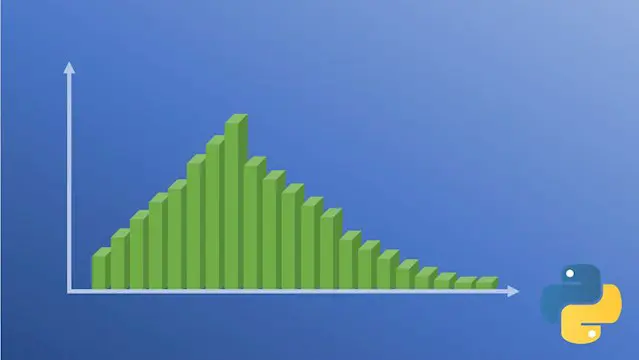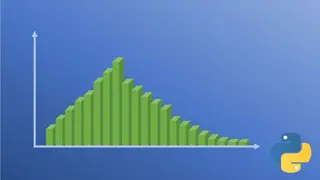
Statistics Foundations for Data Science (Part2)
Theory and Practice with Python
Takuma Kimura
Summary
- Reed courses certificate of completion - Free
Add to basket or enquire
Overview
Welcome to Statistics Foundations for Data science and Analytics.
This course is designed for beginners who are interested in statistical analysis and data science. And anyone who is not a beginner but wants to go over from the basics is also welcome! This course consists of three levels. When you complete all levels, you master undergraduate level statistics.
Curriculum
Course media
Description
This course is a comprehensive program for learning the basics of statistics. Here, the basic means undergraduate level.
This course is the first chapter of the whole program. The whole program consists of the following three chapters.
Part 1 (Published, Not included in this course)
- What is Statistics?
- Representative Value
- Variability & Relative Position
- Data Visualization
- Permutation, Combination, & Set
Part 2 (This course)
- Probability Theory
- Random Variables & Distribution
- Probability Distribution Part 1
- Probability Distribution Part 2
- Sampling
Part 3 (Not included in this course)
- Estimation
- Hypothesis Testing
- Correlation & Regression
- Multiple Regression
- ANOVA
These chapters and modules cover theory and basic Python coding. Even if you do not have Python coding experience, I believe they are easy to follow for you. But this program is not a Python course, so how to install Python and construct environment is not covered in this course.
This course is designed for beginners, but by completing all three chapters, you will master undergraduate level statistics.
I’m looking forward to seeing you in this course!
Who is this course for?
Anyone who want to start learning statistics.
Anyone who is not a beginner but wants to go over from the basics is also welcome.
Requirements
None
Questions and answers
Currently there are no Q&As for this course. Be the first to ask a question.
Certificates
Reed courses certificate of completion
Digital certificate - Included
Will be downloadable when all lectures have been completed
Reviews
Currently there are no reviews for this course. Be the first to leave a review.
Legal information
This course is advertised on reed.co.uk by the Course Provider, whose terms and conditions apply. Purchases are made directly from the Course Provider, and as such, content and materials are supplied by the Course Provider directly. Reed is acting as agent and not reseller in relation to this course. Reed's only responsibility is to facilitate your payment for the course. It is your responsibility to review and agree to the Course Provider's terms and conditions and satisfy yourself as to the suitability of the course you intend to purchase. Reed will not have any responsibility for the content of the course and/or associated materials.


